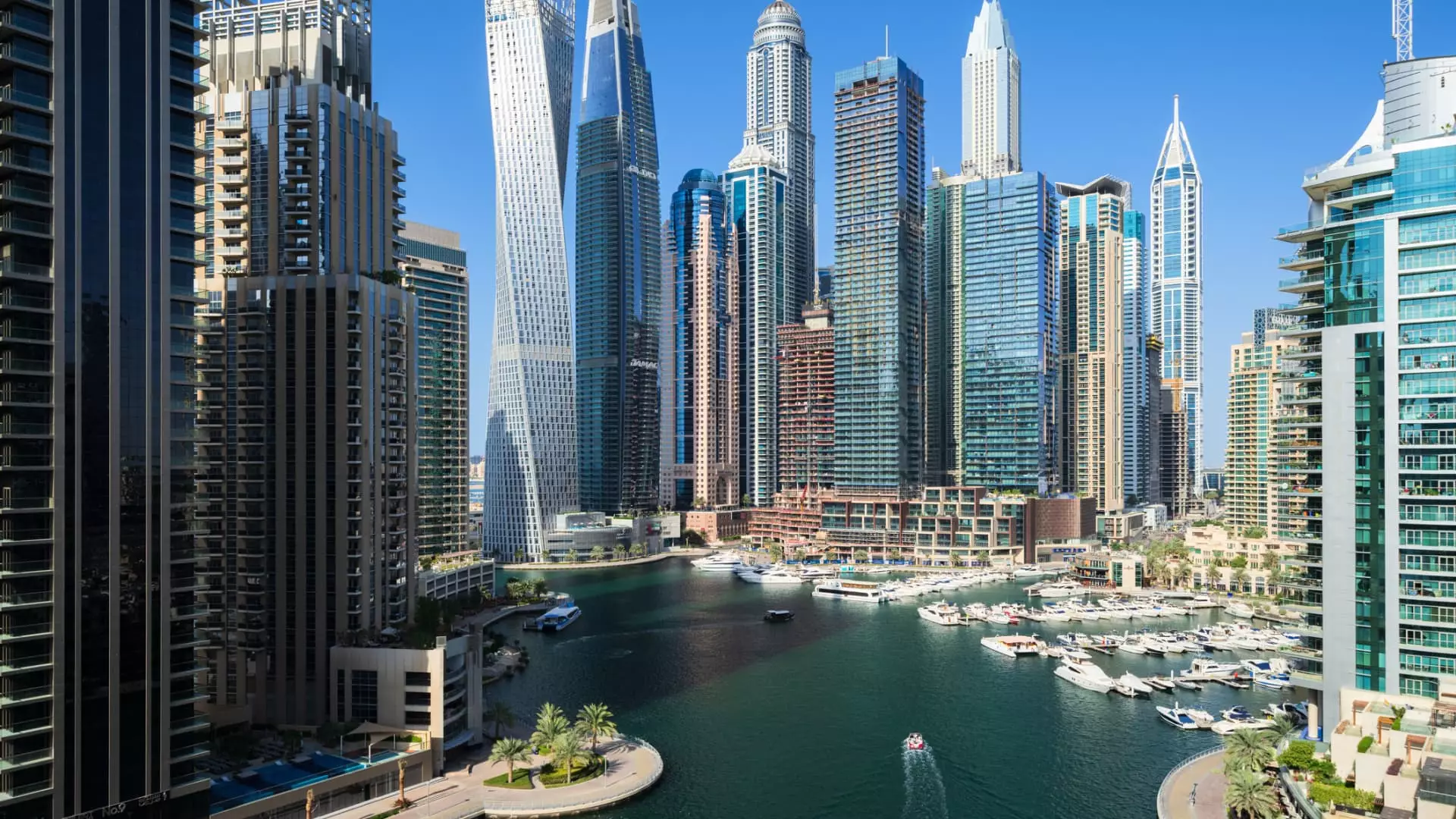Dubai’s real estate market continues to thrive, with 2024 poised to be another record-breaking year in terms of sales figures and property values. The demand for property, particularly in the luxury segment, is driving prices up not only for homes but for all commodities in the city. This surge in demand comes at a time when the United Arab Emirates is set to retain its position as the world’s prime wealth attractor for the third consecutive year. For Hussain Sajwani, the chairman of Dubai’s prominent property firm Damac, this news brings a mix of positives and negatives.
Sajwani voiced his concern about the escalating cost of living in Dubai, attributing it to the high demand for housing, skilled professionals, and average workers flocking to the city. As a result, securing school placements has become challenging, and businesses are raising prices, leading to higher inflation rates. He expressed hope that the government would find effective solutions to curb these challenges as the city continues to witness a continuous influx of people.
Recent reports from local real estate firms indicate a surge in demand in Dubai’s property market. In July 2024, property sales hit 49.6 billion dirhams ($13.5 billion), marking a 31.63% increase from the same period in 2023. Elite Merit Real Estate revealed that the first half of 2024 witnessed over 43,000 property transactions amounting to approximately AED122.9 billion, representing a 30% rise from the previous year. The rapid absorption of new inventory has been a key driver of this growth, with around 80% of units launched since 2022 already sold.
Leading figures in the real estate sector, such as Sajwani, remain optimistic about the market’s performance, crediting the remarkable demand from European investors. Dubai has become a coveted destination for individuals across various socioeconomic backgrounds, ranging from tourists to entrepreneurs and wealthy individuals. Sajwani highlighted Dubai’s transformation into a global city, attracting top talents and fostering business growth, especially in the post-Covid era.
Although Dubai has faced economic uncertainties in the past, notably during the 2008-2009 financial crisis, Sajwani expressed confidence in the current market stability. When asked about concerns over a potential repeat of the boom-and-bust cycle, Sajwani emphasized the effectiveness of the regulatory measures implemented by the Dubai government post-2009. These regulations have been stringent on developers, customers, and zoning practices, ensuring a more controlled market environment.
Sajwani reiterated that the regulatory framework plays a crucial role in preventing unchecked market entries and excessive project launches, thereby fostering a more stable real estate sector. With the government’s proactive measures and the sustained demand for Dubai’s property market, Sajwani remains optimistic about the city’s growth trajectory and its appeal to a diverse pool of investors and residents.

